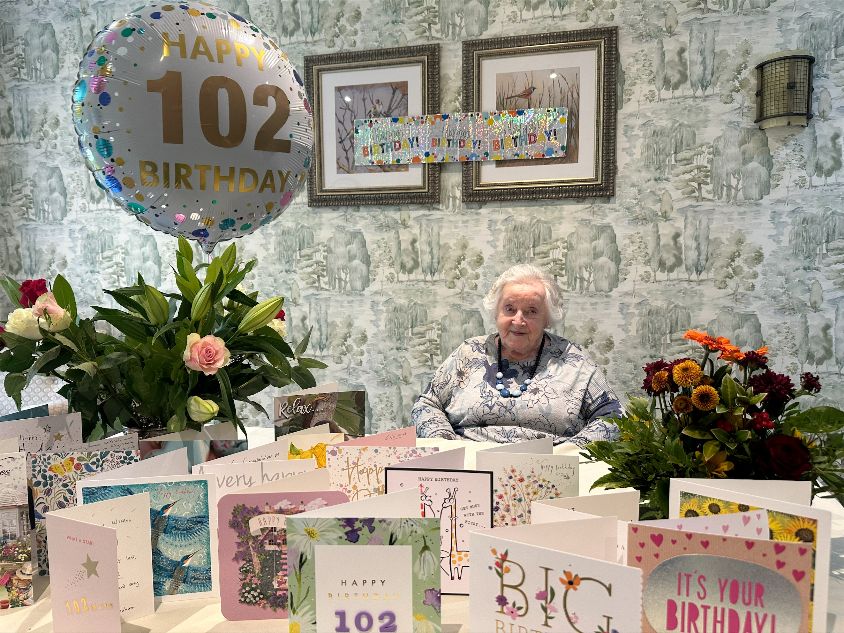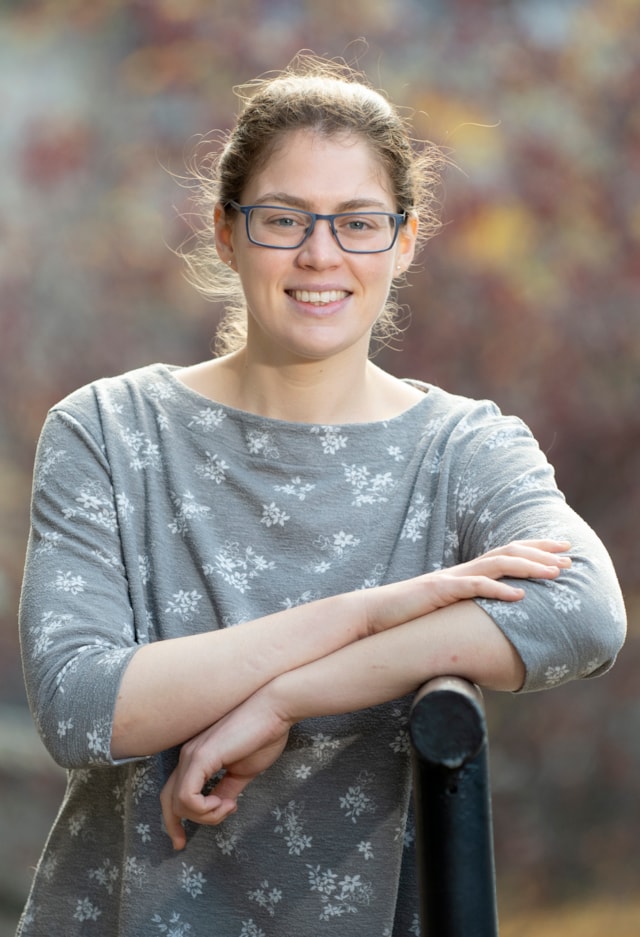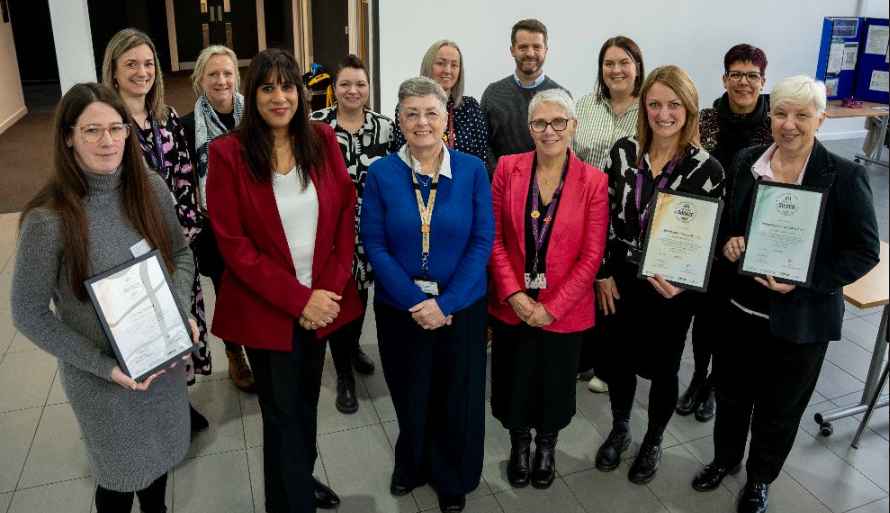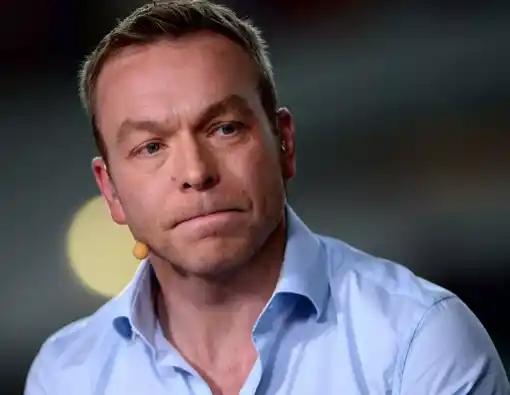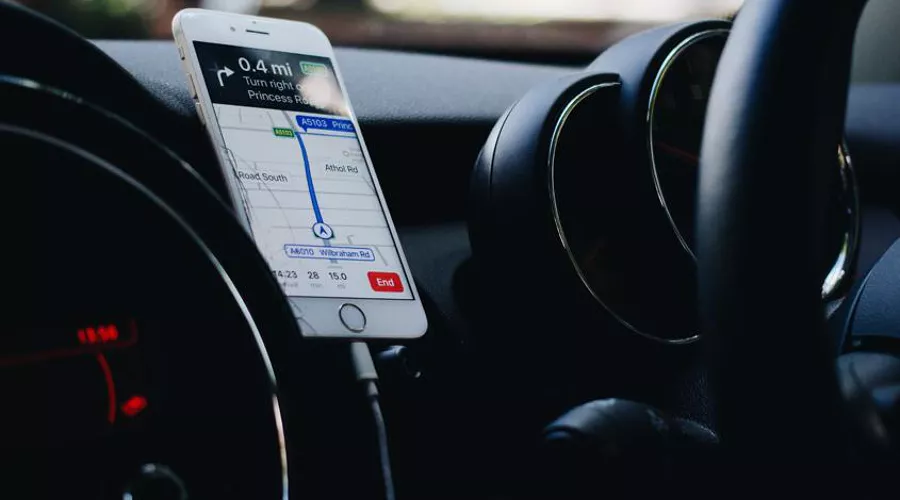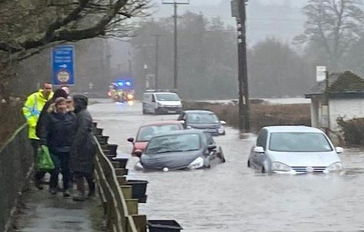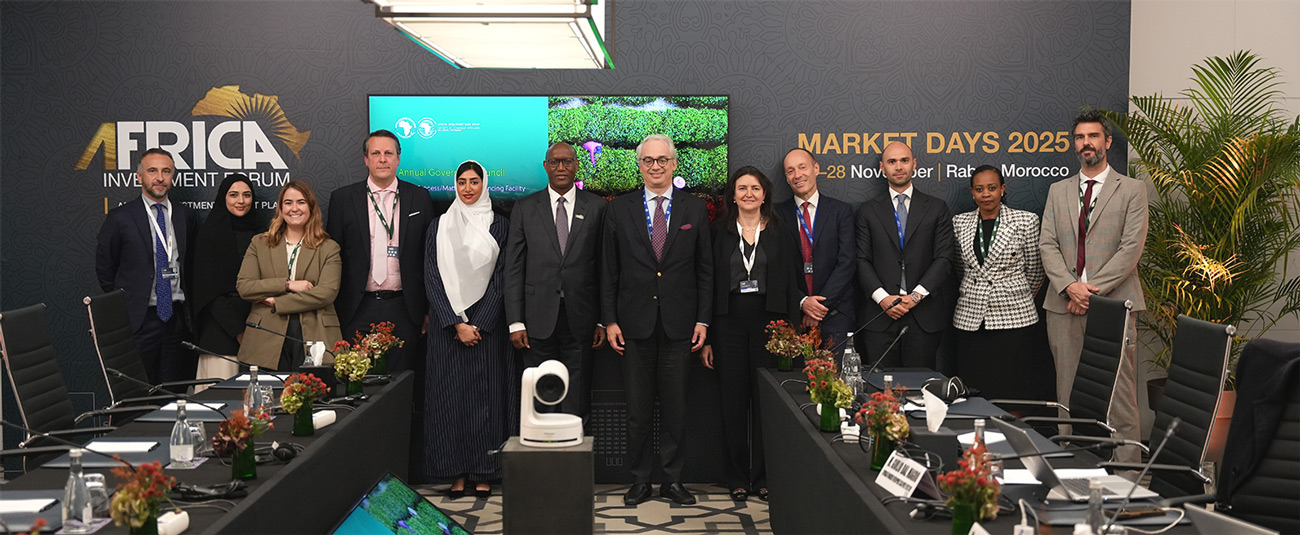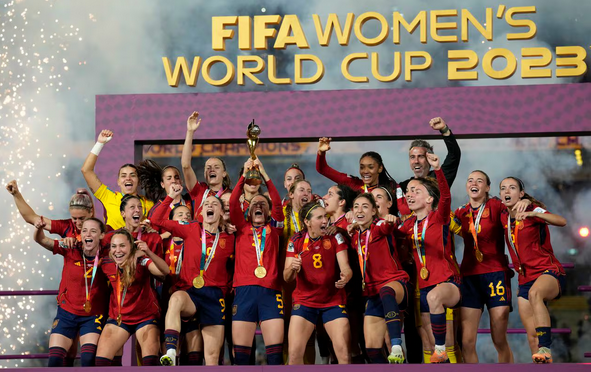For the third consecutive year, the Curiosity Cube—the shipping container turned mobile science lab—is traveling across Europe to ignite interest in STEM and make learning fun.
The Curiosity Cube is the brainchild of science and technology company Merck. The Curiosity Cube stopped in Birmingham last week and was staffed by 24 faculty members and employees of the University of Birmingham.
This third-time customer partnership event model between Merck and the University of Birmingham yielded a positive impact on almost 500 students from Rookery School, Devonshire Community Primary and Crocketts Community Primary School. During their visit at the Curiosity Cube, students participated in three hands-on experiments about sustainability based on the lifecycle of a t-shirt.
Using modular electronics and other scientific instruments, the students became sustainability scientists by:
- Examining different types of synthetic and natural fabrics utilized in the fashion industry with microscopes and categorizing them based on their level of sustainability.
- Designing and testing a windmill that produces enough renewable energy to power a model t-shirt factory.
- Exploring the process of recycling an old t-shirt into a new one by building a threading machine. The students also learned how old clothing can be sorted, shredded into fibres, and re-spun into thread for new garments.
" I had an interesting session teaching students about sustainability. This is my third year joining Merck's Curiosity Cube Program as a volunteer. I really enjoy it because every single time there is a new topic, different experiments, and scientific techniques. It is a lot of fun for adults and beneficial for the children.” said Alex, a scientist at the University of Birmingham, who volunteered at the Curiosity Cube.
Launched in 2017, the Curiosity Cube is a 7x2.5 meter solar-powered shipping container traveling to schools and public events to reach tomorrow’s scientists. At each event, participants learn how science is all around them through lessons led by Merck scientists. The goal is to excite students by opening their eyes to the many possibilities of what a career in science may look like.
The Curiosity Cube also addresses a coming concern for STEM careers: the need for a robust and diverse pipeline of voices for the growing number of STEM jobs. Unfortunately, the young minds needed to fill those roles often feel discouraged from pursuing an education in STEM. According to a recent survey from Merck, 48% of middle school students find it hard to see themselves as scientists, even though their everyday activities often involve science. The Curiosity Cube helps students make that connection, while at the same time connecting them with professionals who are living proof of the variety of career options available in STEM.
"We really appreciate the Curiosity Cube visiting us and sharing the hands-on experiments with our students. We’ve really enjoyed it. It is important for children to get as much hands on science, learn about sustainability and the impacts it has on their own futures. The children also love the fact they get to take their recycled bracelets home with them to spread the message of sustainability with their friends, parents and families.” said James, science lead at Devonshire Junior Academy.
In Europe and North America combined, the 2024 Curiosity Cube tour will reach 45,000 students through more than 280 events in 14 countries. The European tour, which began in April, will include visits in Belgium, the Czech Republic, Denmark, France, Germany, Ireland, Italy, Liechtenstein, the Netherlands, Spain, Switzerland and the U.K. Beyond the travelling Curiosity Cube, there is another Curiosity Cube stationed at Merck’s headquarters in Darmstadt, Germany.
Merck, a leading science and technology company, operates across life science, healthcare and electronics. Around 63,000 employees work to make a positive difference to millions of people’s lives every day by creating more joyful and sustainable ways to live. From providing products and services that accelerate drug development and manufacturing as well as discovering unique ways to treat the most challenging diseases to enabling the intelligence of devices – the company is everywhere. In 2023, Merck generated sales of € 21 billion in 65 countries.
Scientific exploration and responsible entrepreneurship have been key to Merck’s technological and scientific advances. This is how Merck has thrived since its founding in 1668. The founding family remains the majority owner of the publicly listed company. Merck holds the global rights to the Merck name and brand. The only exceptions are the United States and Canada, where the business sectors of Merck operate as MilliporeSigma in life science, EMD Serono in healthcare, and EMD Electronics in electronics.
To learn more about the Curiosity Cube and see the complete 2024 tour schedule, please visit TheCuriosityCube.com. You can also follow the Curiosity Cube on Instagram at @curiositycube_merck.


